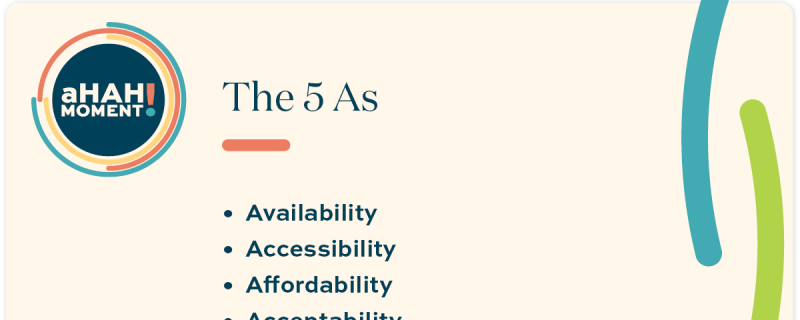In this webinar, Dr Ryan Paul discusses the newly-funded type 2 diabetes medication dulaglutide, and provides advice on when and how to use it.
Education
The hub for all your learning resources.
Here you will find all our clinical education resources from articles to recorded webinars, all supporting equitable access to funded medicines.








